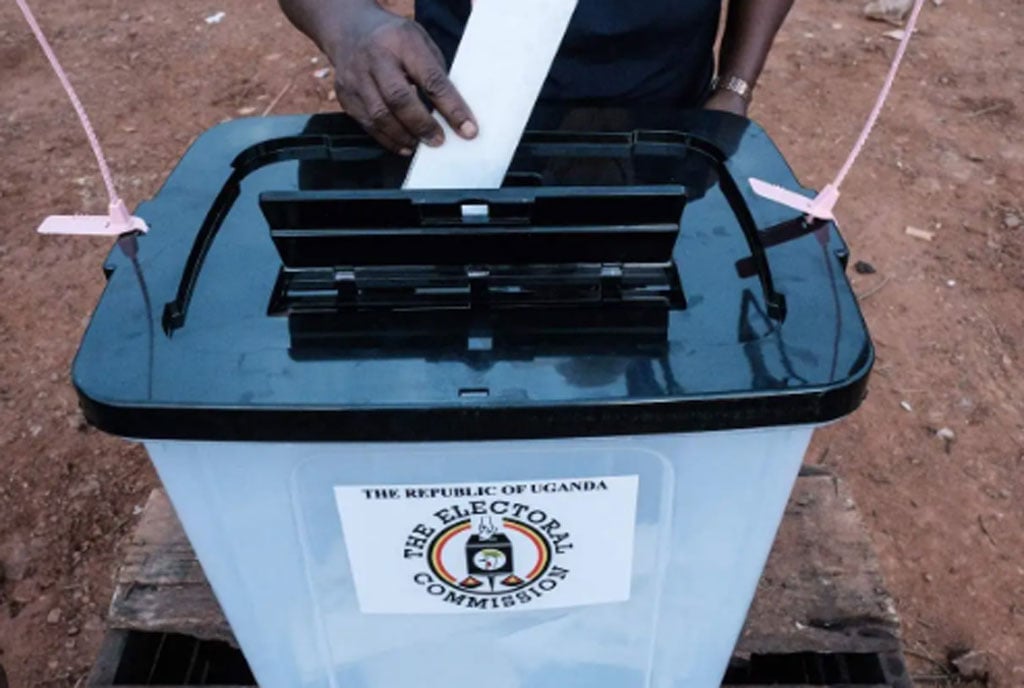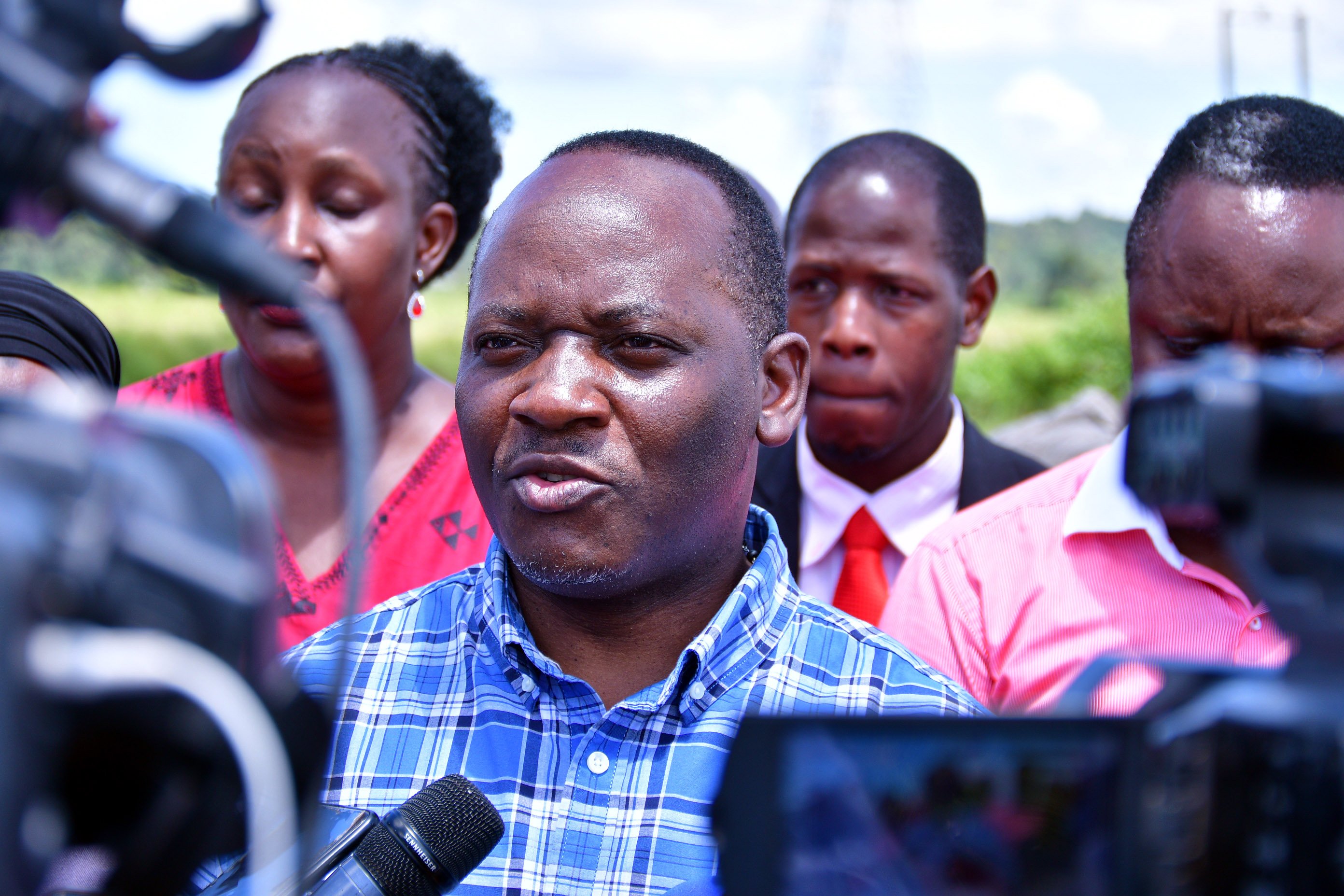Prime
Let’s not ignore opposition push for electoral reforms

What you need to know:
The issue:
Elections
Our view:
There are basics we can agree on like the removal of the army from the electoral process, end to violence and better transmission of results.
This week, members of Opposition political parties are expected to converge in a workshop to moot ways for a fresh push for constitutional and electoral reforms.
You could cynically argue that this three-day meeting called by the Leader of Opposition Mathias Mpuuga will yield nothing. It is more of a once-in-every-five years’ ritual, where Opposition parties come together, speak some good English, about the sitting government and issue a well-edited document.
It can be a tiring exercise to follow considering that what is going to be discussed may not be different from events held prior to 2001, 2006, 2011, 2016 and 2021. That document often never gets to be debated on the floor of Parliament. In fact, most of the resolutions, however good, are never adopted.
Nonetheless, every small success in improving the hygiene of our elections should be applauded, including moving polling stations from within army barracks.
The closest we came to a consensus was in the lead up to the 2016 election cycle. In 2014, the government invited stakeholders to submit proposals for a constitutional review.
Civil Society Organisations (CSOs) led nationwide consultations, rallying more than 3,000 leaders to identify key recommendations for inclusion in the Constitutional Amendment Bill that was tabled before the ninth Parliament in April 2015. A cocktail of electoral reforms was recommended.
However, the government and Parliament chose merely to baptise the Electoral Commission anew, declaring it the “Independent Electoral Commission.” The body fabric of that election doesn’t possess any fundamental differences with those held before and after the change of name.
Also, throw in the third arm of government – the Judiciary. Rulings by judges in electoral petitions are supposed to become law. How many of these have been respected and implemented by the Executive?
Uganda’s record on reform since 2001 clearly demonstrates lack of political will to address fundamental flaws in the country’s electoral laws. The fear of the sitting government is that a fair playing field could lead to loss of power.
It’s important to convince NRM that they could be the beneficiaries of a good election that leaves everyone satisfied with the outcome. There are basics we can agree on like the removal of the army from the electoral process, end to violence and better transmission of results.
Beyond political parties that are always targeting offices, Ugandan CSOs must aggressively relaunch the electoral reform debate, taking it beyond the confines of Parliament and down to the citizens in order to generate public pressure.
The Ugandan Parliament habitually amends electoral laws and guidelines too close to elections. We should not wait for 2025.




